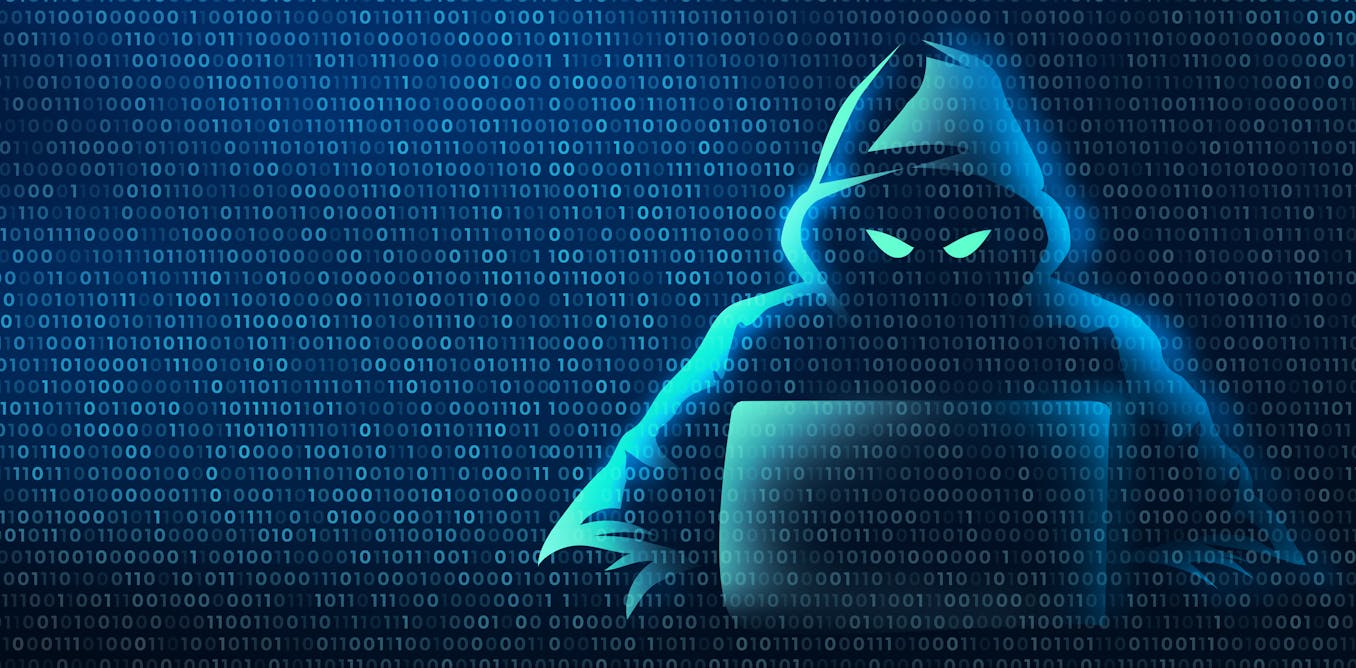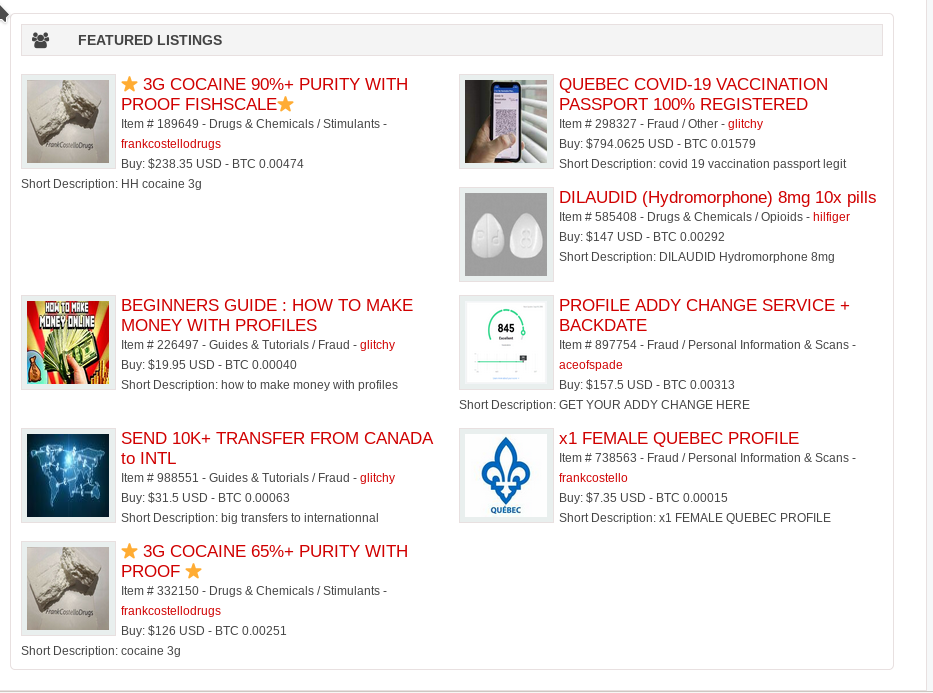The tech age ushered in a variety of new markets, but none are as enigmatic and controversial as the dark web markets. Shrouded from the invasive eyes of conventional browsing, these platforms thrive in the depths of the internet, frequently engaging in business that challenges lawful and moral boundaries. Digital currencies like Bitcoin provide secretive operations the means to flourish, enabling users to purchase and trade everything from art to illicit substances with a degree of anonymity that traditional markets are unable to provide.
Exploring the dark web is not for the faint of heart. The darknet, as it is often called, requires distinct software to enter, and even so, it poses many risks, such as frauds and legal consequences. The allure of these secret platforms lies not just in the accessibility of rare items but also in the sense of community they cultivate among users who share a distrust of the conventional internet. This article explores the complex workings of dark web markets, examining how they function, the culture that envelops them, and the impact for those who choose to engage in this underground economy.

Comprehending the Dark Web

The shadow web refers to a section of the internet that is not at all indexed by conventional search engines, rendering it accessible exclusively through particular software and configurations. Most commonly, users access it via the Tor network, which anonymizes their online activity and allows for both privacy and, in many cases, illicit behaviors. This hidden space hosts a plethora of marketplaces, forums, and communication platforms that facilitate various activities, including legal and illegal.
One of the most striking aspects of the dark web is its use for private transactions. Users often engage in the buying and selling of goods and services that are challenging or not feasible to find on the surface web, including drugs, weapons, hacked information, and fake money. Cryptocurrencies like Bitcoin are frequently utilized in these transactions to enhance anonymity, providing a layer of protection for both buyers and vendors. This financial aspect has led to a complicated ecosystem where trust and reputation play crucial roles in market dynamics.
While the dark web is often connected with illegal activities, it is also a location for free speech, particularly in regions where censorship is common. Activists, journalists, and whistleblowers frequently use dark web tools to communicate safely and disseminate information without worry of retribution. This duality underscores the shadow web's multifaceted nature, operating as a sanctuary for certain freedoms while concurrently being a marketplace for nefarious dealings.
This Economic Principles of Dark Web Marketplaces
Darknet markets operate within a unique financial structure that contrasts sharply with conventional marketplaces. These platforms primarily succeed on privacy, facilitated by tools like Tor that hide user identities and locations. The need for confidentiality often stems from the illicit nature of many goods and services traded, such as drugs, weapons, and stolen data. This setting creates a market driven by demand where sellers are able to determine prices based on the assumed risk linked to their products and the anonymity of their buyers.
The competitive landscape in darknet markets is driven by a varied range of vendors, each attempting to capture buyers' interest through feedback, quality of goods, and pricing strategies. Vendors often use escrow services to instill trust among buyers despite the intrinsic uncertainties of online transactions. Additionally, cryptocurrencies play a significant role in the dark web, as they offer an extra layer of anonymity and security, which enhances sales and transactions outside of conventional banking systems.
Despite their illicit nature, darknet markets exhibit features similar to legal economies, including supply and demand dynamics, marketing strategies, and customer service practices. darknet market links Some vendors invest in sophisticated logistics to guarantee timely delivery of products, while some concentrate on building reputation through reliable positive interactions with buyers. Overall, the financial aspects of darknet markets reveal a intricate balance of anonymity, risk, and competition that influences how they operate and develop.
Risks and Legal Consequences
Involvement with illicit web markets carries serious hazards for individuals. Consumers may encounter frauds, resulting in fraudulent goods or no products at all after payment is made. Furthermore, personal data can be exposed to malicious actors, leading to personal theft or financial fraud. The concealment that dark web markets offer can easily be breached, putting users at danger.
The legal implications of involvement in these markets can be severe. Many goods and services traded on the darknet, such as illegal drugs, weapons, and stolen data, are banned by law. Law enforcement agencies actively monitor these platforms, employing advanced techniques to identify users. Individuals caught buying or selling prohibited items can face heavy fines and criminal charges, with potential prison sentences depending on the severity of the offense.
Additionally, even if a person does not engage in illegal activities directly, merely accessing dark web markets can lead to unwanted legal attention. In many jurisdictions, this can create suspicion and prompt investigations. Therefore, the potential consequences of exploring these markets extend beyond the direct actions taken, impacting long-term personal and professional lives.
